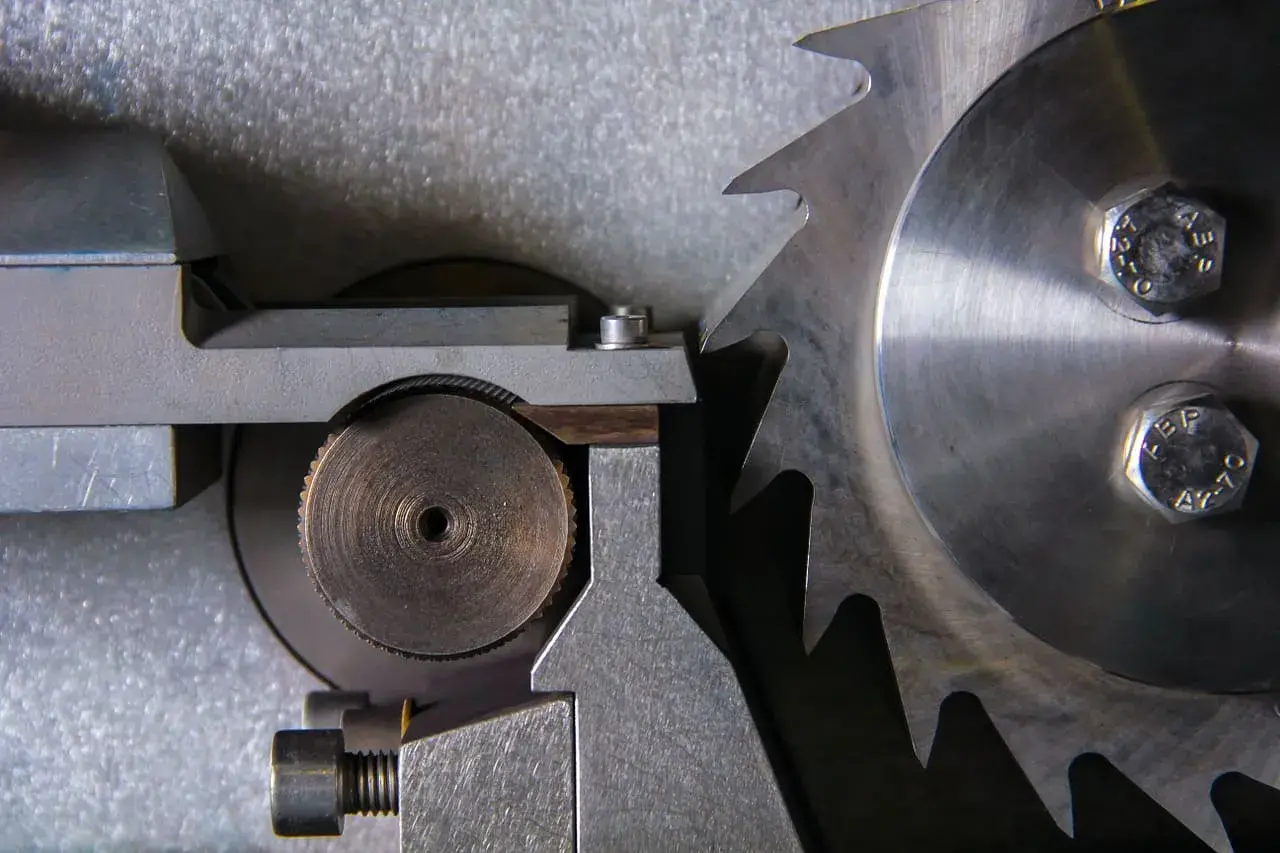Mass production: definition
The mass production is the aspect that distinguishes the industry and is typical of companies that make large quantities of standardized products. In fact, it is also more commonly referred to as mass production, performed with assembly lines or transfer lines. Mass production is based on the theorizations put into practice by Frederick Taylor and spread by Henry Ford in the 20th century.
Unlike handicraft production and batch production, the product is not produced in a single location by a single operator who carries out the various production steps from start to finish.
The processing phase consists of several activities performed by a series of operators like a chain. Manufacturing procedures are standardized and goods are produced on a large scale, characteristics that differentiate industrial and craft production. It is also important that all the pieces produced have the same characteristics.
Operators and/or industrial robot machines perform a certain set of elementary operations, sequenced and described in a machining cycle, whose cycle time or duration is precisely determined.
When designing the mass production line, the cycle time of each station must meet the standards compared to other stations. Only in this way, processing can proceed linearly. Many professional figures in the industrial sector are dedicated to the planning and supervision of production processes as well as to quality control.
How it works:
In industry, the production process – also called manufacturing – is aimed at obtaining a final product from raw or semi-finished materials, thanks to largely automated machinery and plants.
In terms of logistics and operations, mass production is characterized by:
• mechanization of the operational phases;
• reduction to the minimum necessary of dead times of transfer;
• use of conveyor belts for the transfer, along with the factory, of particular semi-finished products, which reach from time to time the stations in which skilled workers perform the respective assembly operation.
In addition to these phases, it can generally be said that the processes of manufacturing companies vary from sector to sector. Some of the most widespread industrial processes are:
• the merger,
• extrusion,
• welding,
• turning,
• milling,
• electrolysis,
• the assembly,
• assembly of components,
• molding,
• spinning.
Planning:
The planning of mass production consists mainly of 4 phases:
1. sales forecasts
2. management of the final orders
3. preparation of the general production program
4. planning of needs.
Some of the main needs are:
• Plan and schedule production, to analyze the availability of materials, equipment, resources/qualifications, plants;
• Monitor plant yields in real time;
• Analyze and optimize set-up times/costs;
• Analyze the causes of plant stops;
• Detecting quality process controls;
• Analyze productive KPIs.
[su_quote cite=”Sergio Gallo, Industrial Logistics Course, University of Modena and Reggio Emilia”]Programming is a “process of predetermining the objectives, policies, and activities to be carried out within a given period of time”. Production planning can be defined as that “process with which it is established and commits the number of resources that the company will need for its future production activities and the allocation of these resources to obtain the desired product in the estimated quantities. , at the right time, in the right place and at the lowest possible total cost [/su_quote].
How to figure out needs
Production planning, therefore, is a process consisting of a set of activities through which the transformation of the main input is obtained.
The management of the activities necessary for the correct management of the company activities requires the presence of a production planning and control system that ensures the delivery of the products required by the market in the times, in the ways and in the quantities envisaged.
DMP with its own native WEB procedures provides support to operators, production manager, project manager, and owner. To meet the main needs of companies that also produce in series.
What can DMP do for your business?
• Real-time graph monitoring of resources;
• Real-time progression of production orders, for the various production departments;
• Declarative monitors for the operators;
• Automation for direct connections to plants, to detect times, parts produced, machine states;
• Management of traceability for batches, and numbers, and resources.

